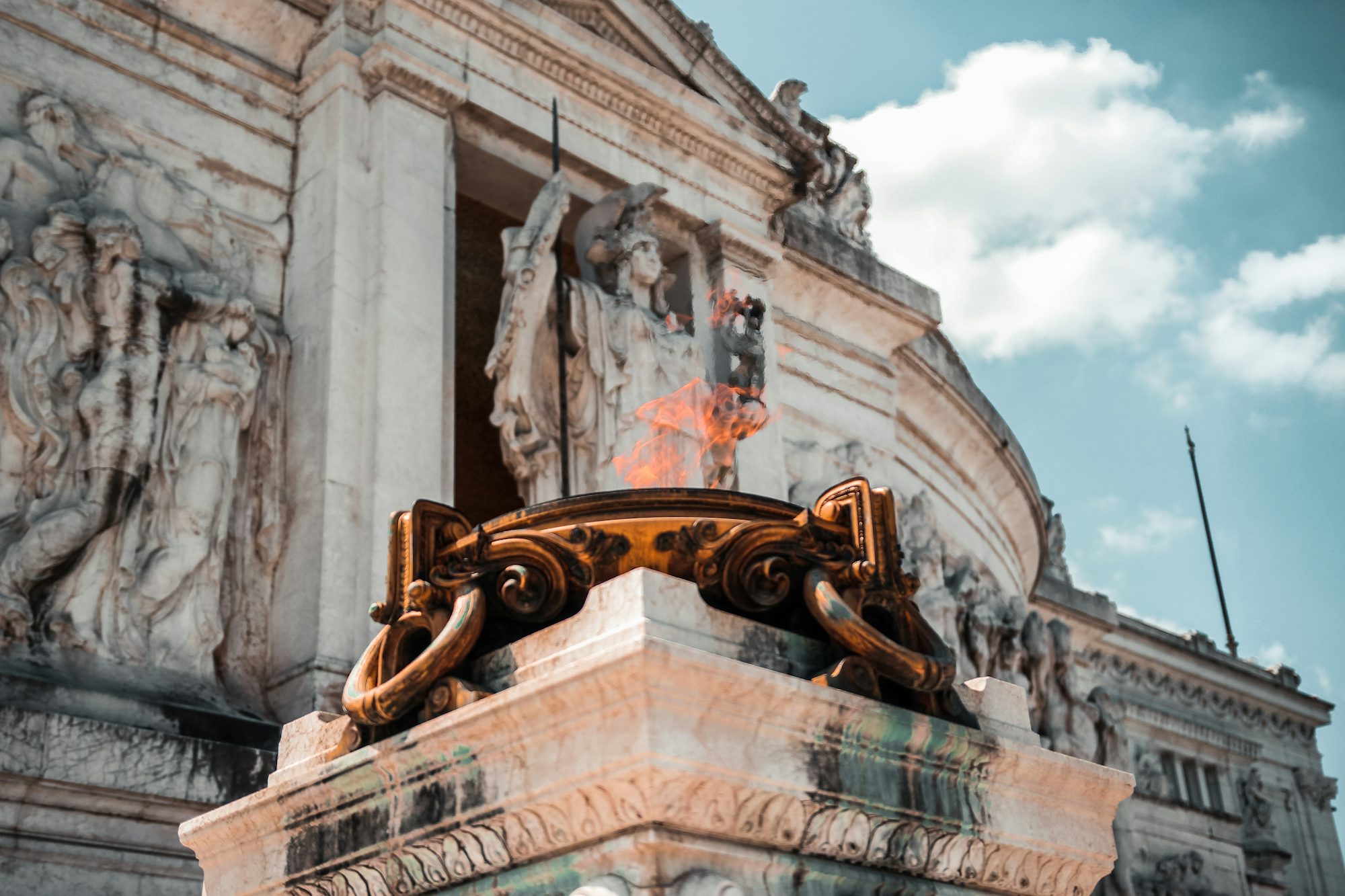
Museums are essential pillars of society, serving as guardians of culture and knowledge. They provide spaces where individuals can immerse themselves in the richness of human history, creativity, and scientific discovery. Each type of museum offers unique insights, fostering curiosity and understanding among diverse audiences. Art museums, such as the Metropolitan Museum of Art and The Tate Modern, celebrate the beauty of human expression through visual arts. They house remarkable collections that span centuries and styles, allowing visitors to engage with works that provoke thought and emotion. Through exhibitions that highlight both classic and contemporary art, these institutions invite viewers to reflect on the societal influences that shape artistic expression. Educational programs and workshops enhance the visitor experience, fostering a deep appreciation for the arts and inspiring future generations of artists and art lovers. Natural history museums, including the Field Museum and The Natural History Museum in London, offer captivating insights into the world around us. With exhibits that cover topics like paleontology, geology, and biology, these institutions unveil the wonders of the natural world. Interactive displays encourage visitors to engage with scientific concepts, fostering a sense of awe and curiosity about the planet’s biodiversity. By presenting knowledge in an accessible manner, natural history museums inspire a commitment to environmental stewardship and an appreciation for the complexities of life on Earth. Science museums, such as the Exploratorium and the Science Museum of Virginia, are hubs of innovation and discovery. These interactive environments encourage visitors to explore scientific principles through hands-on exhibits and experiments. Topics range from physics and chemistry to biology and technology, making learning fun and engaging. By nurturing a spirit of inquiry, science museums empower individuals to think critically and develop a passion for the sciences. Workshops and outreach programs further enhance the educational experience, connecting communities with scientific advancements. History museums, like The British Museum and The National Museum of American History, serve as time capsules that preserve the narratives of human civilization. Through diverse collections, these institutions illuminate significant events, cultural practices, and the lives of influential figures. Visitors can explore artifacts that tell stories of triumph, struggle, and change, fostering a deeper understanding of our shared heritage. By promoting discussions about identity, culture, and societal progress, history museums ensure that the lessons of the past resonate in the present. Technology museums, such as the Computer History Museum and The Museum of Science and Industry, celebrate the advancements that have transformed society. These institutions showcase the evolution of technology through innovative exhibits that highlight key inventions and their societal impacts. Visitors are invited to explore the relationship between technology and daily life, gaining insights into how innovations shape our world. By examining past achievements and envisioning future possibilities, technology museums inspire visitors to engage with the ongoing dialogue about the role of technology in society. Specialty museums cater to specific interests, creating environments where enthusiasts can delve deeper into niche subjects. From aviation and maritime history to fashion and sports, these museums celebrate unique themes that resonate with diverse audiences. Through curated collections and engaging programming, they foster communities united by shared passions. These institutions not only preserve distinctive artifacts but also provide enriching experiences that connect visitors to their interests. Children’s museums, such as The Boston Children’s Museum and The Children’s Museum of Indianapolis, focus on interactive, play-based learning. Designed for young audiences, these institutions create engaging environments that encourage curiosity and creativity. Hands-on exhibits and activities promote essential skills such as problem-solving, teamwork, and critical thinking. By making learning enjoyable and accessible, children’s museums play a pivotal role in shaping a lifelong love of exploration among future generations. As technology continues to evolve, virtual museums have emerged as transformative platforms for sharing culture and knowledge. These online spaces provide opportunities for individuals to explore exhibitions from the comfort of their homes, breaking down geographical barriers. Virtual tours, interactive galleries, and educational resources enable global audiences to engage with art and history, fostering connections to diverse cultures. In an interconnected world, virtual museums are crucial for promoting understanding and appreciation of global heritage. Ethnic and cultural museums highlight the diversity of human experience by showcasing the traditions, art, and heritage of specific communities. These institutions serve as platforms for underrepresented voices, fostering dialogue and understanding across cultures. By exploring cultural artifacts and narratives, visitors gain insights into the values and experiences that shape different communities. Ethnic and cultural museums play an essential role in promoting inclusivity and celebrating diversity, encouraging visitors to appreciate the richness of cultural identities. Living museums provide immersive experiences that transport visitors to historical settings, allowing them to engage with the past dynamically. Often featuring reenactors, traditional crafts, and demonstrations, these institutions bring history to life in engaging ways. By participating in hands-on activities and witnessing historical practices, guests gain a deeper understanding of cultural heritage. Living museums invite visitors to interact with history, creating memorable experiences that resonate long after their visit. In conclusion, museums are more than just collections of artifacts; they are vibrant spaces that educate, inspire, and entertain. Each type of museum offers unique insights into the human experience, encouraging exploration and reflection. Whether through the lens of art, science, history, or culture, museums foster connections to our past, present, and future. By supporting and visiting these institutions, we contribute to the preservation of knowledge and the celebration of creativity, ensuring that the stories of our world continue to be shared for generations to come.